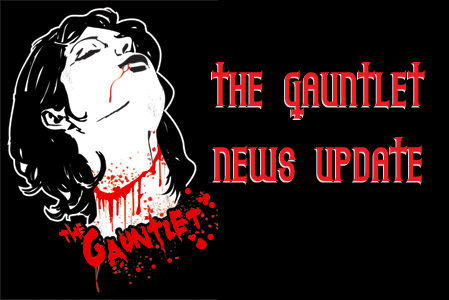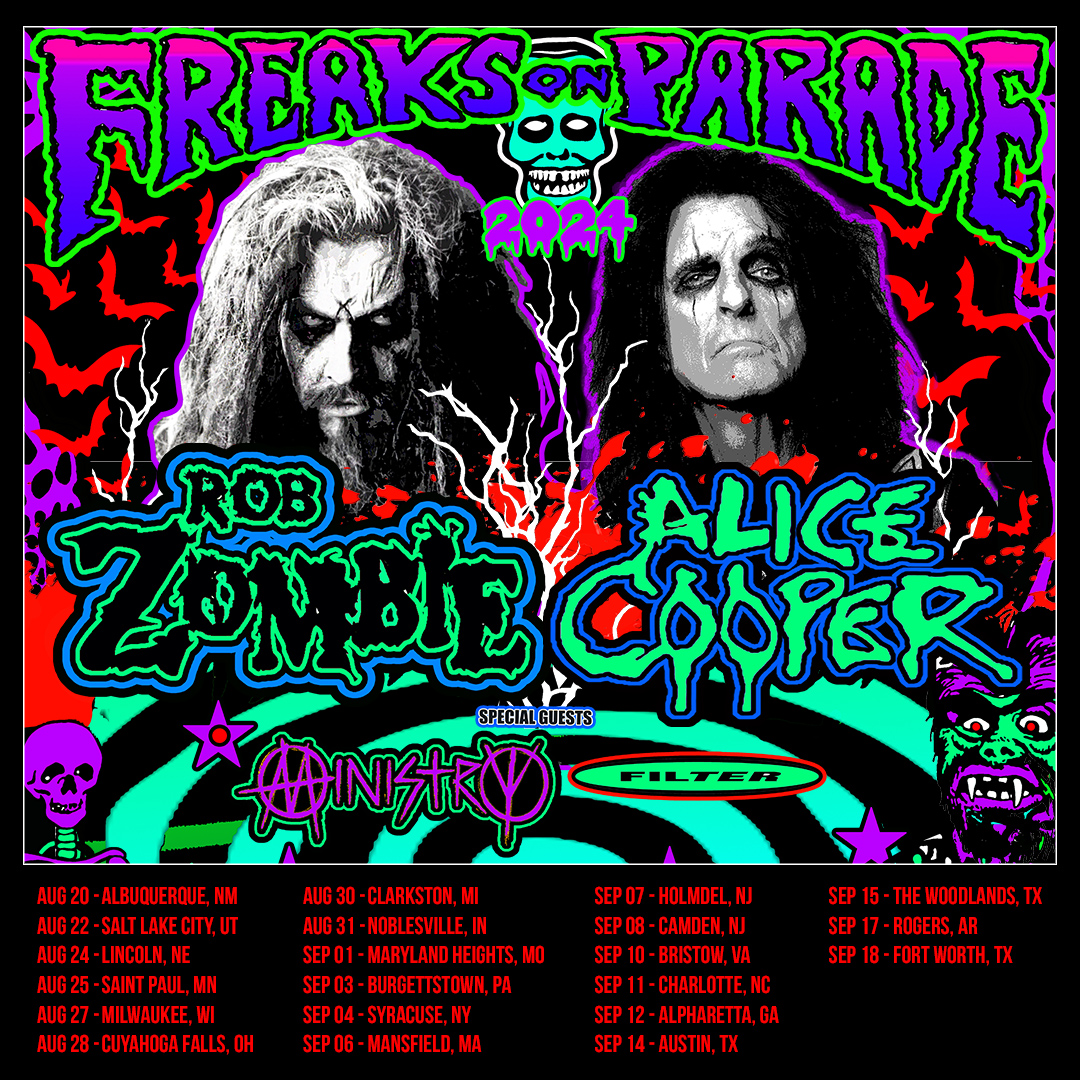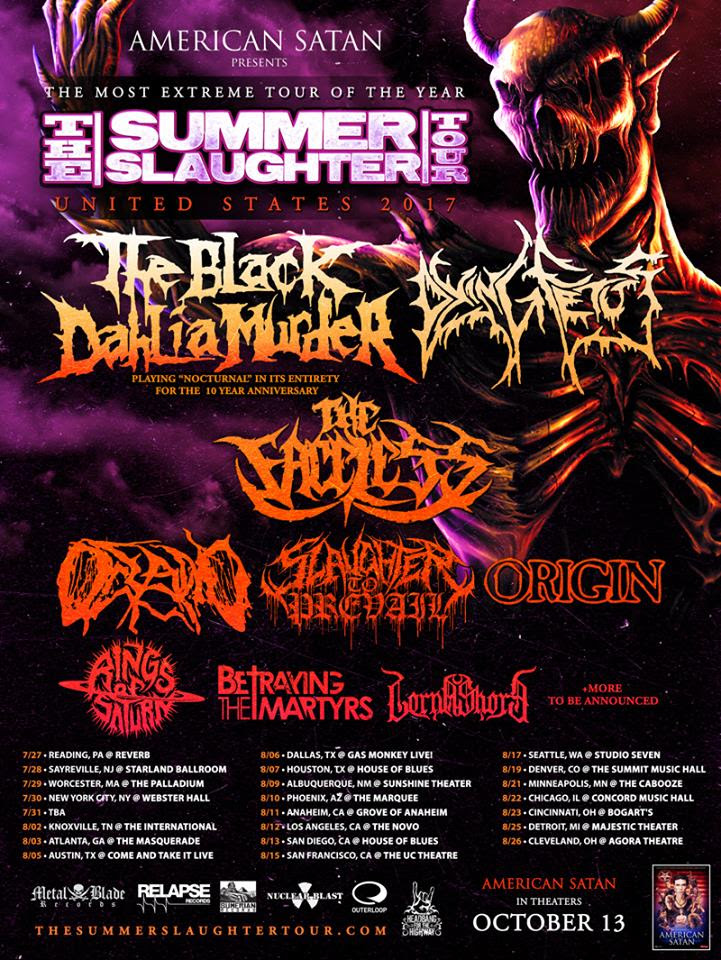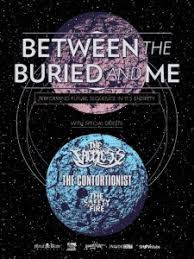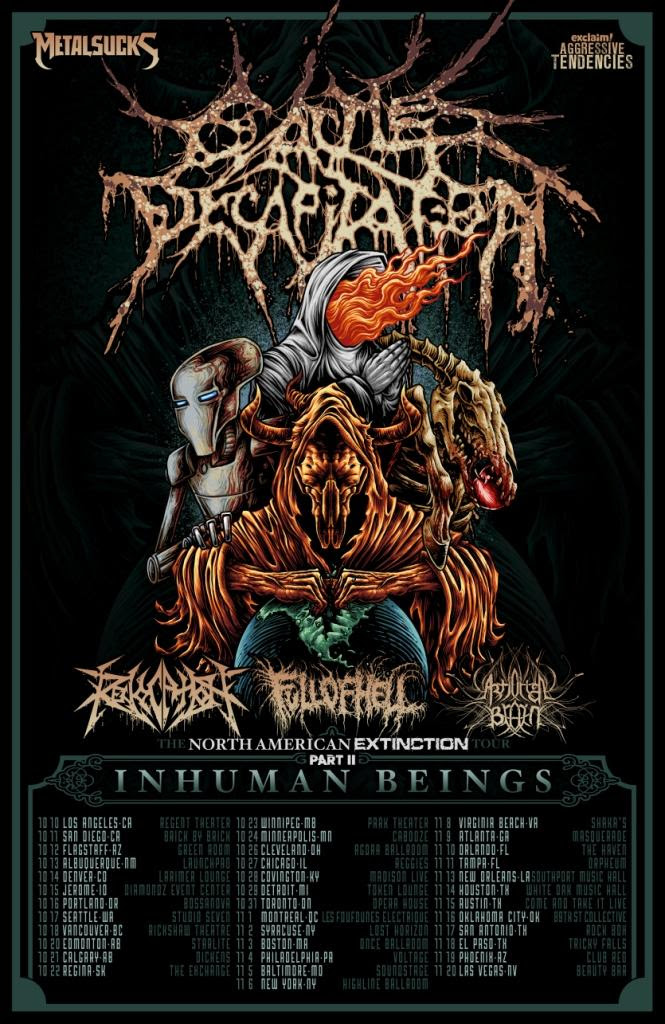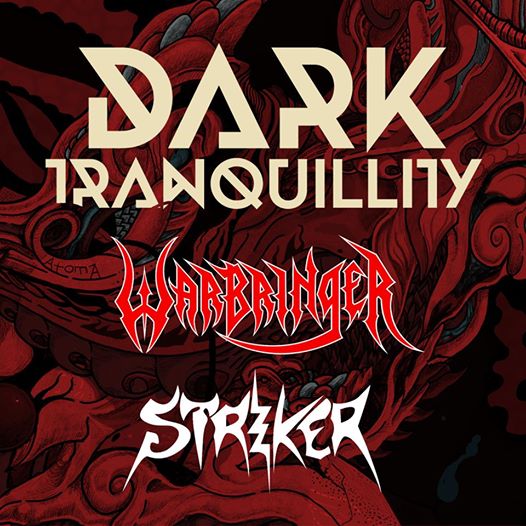The Top 5 Metal Songs That Challenged the PMRC
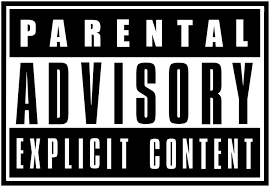 In today’s world, most forms of entertainment are quickly and easily accessible by simply typing a title in a Google or YouTube search. Film ratings and Parental Advisory stickers still exist in an attempt to regulate material unsuitable for children, but who are we kidding, any 6-year-old kid can now view or hear these mediums through the iPhone that their parents let them use on a regular basis. Censorship is no longer the hot button issue that it once was, but a few decades ago, authoritative figures made it a top priority to shelter impressionable youngsters from any form of art that they feared was a negative influence. Books were banned, films had to have some footage trimmed to lower their still-somewhat-confining MPAA ratings, and the Parents’ Music Resource Center used parental warning labels to bar albums with sexual or Satanic lyrics or just a few too many swear words from reaching the hands of children and teenagers. Song lyrics were interpreted out of context at times, and the Parental Advisory label on an album often led to an increase in its sales. The Tipper Gore-founded committee laid siege to pop, rap, rock, and metal musicians alike. Many of those performers felt that their artistic freedom and expression was being trampled on, feared for the future of music, and felt that the best way to respond to the organization was through the very art form it strived to silence. Many singers and bands in all of those genres offered up their own musical outcries against the PMRC, a few of which boldly called Tipper out by name. This article, however, focuses on five great anticensorship compositions within the metal genre. The five bands on this list took a stand in each of their individual works not to back down and concede, taking pride in leaving no restrictions in their thoughts or words.
In today’s world, most forms of entertainment are quickly and easily accessible by simply typing a title in a Google or YouTube search. Film ratings and Parental Advisory stickers still exist in an attempt to regulate material unsuitable for children, but who are we kidding, any 6-year-old kid can now view or hear these mediums through the iPhone that their parents let them use on a regular basis. Censorship is no longer the hot button issue that it once was, but a few decades ago, authoritative figures made it a top priority to shelter impressionable youngsters from any form of art that they feared was a negative influence. Books were banned, films had to have some footage trimmed to lower their still-somewhat-confining MPAA ratings, and the Parents’ Music Resource Center used parental warning labels to bar albums with sexual or Satanic lyrics or just a few too many swear words from reaching the hands of children and teenagers. Song lyrics were interpreted out of context at times, and the Parental Advisory label on an album often led to an increase in its sales. The Tipper Gore-founded committee laid siege to pop, rap, rock, and metal musicians alike. Many of those performers felt that their artistic freedom and expression was being trampled on, feared for the future of music, and felt that the best way to respond to the organization was through the very art form it strived to silence. Many singers and bands in all of those genres offered up their own musical outcries against the PMRC, a few of which boldly called Tipper out by name. This article, however, focuses on five great anticensorship compositions within the metal genre. The five bands on this list took a stand in each of their individual works not to back down and concede, taking pride in leaving no restrictions in their thoughts or words. Flotsam and Jetsam - “Hard on You” from No Place For Disgrace (1988)
“Hard on You” is a song full of heavy, chugging guitars that interprets the way censorship influences music fans, their parents, and the bands. While the Arizona thrashers express that people should be able to enjoy the music of their choice in the first verse, their strongest argument lies in the song’s second verse. The second verse indicates that maybe, just maybe, certain behaviors described in songs are not being glorified, and are actually intended to raise awareness. The song’s last assertion is that the PMRC and parents do not have all of the answers and are arrogant for believing that they know more than all of the recording artists that they’ve boycotted. Then-drummer Kelly-David Smith told Noisecreep that the PMRC was “a tool to blame someone else for not being responsible for their kids. So blame it on the music, but don’t ever own your part in your kids’ life.”
Danzig - “Mother” from Danzig (1988)
“Mother” may be the most simple and most popular song on this list, but it also offers more alternative interpretations beyond censorship than the other four songs. However, Glenn Danzig has affirmed that the PMRC was his inspiration behind writing this memorable hit. The tune essentially offers up two worlds, the censored and the uncensored. Danzig invites parents and their children into his darker realm and refuses to set foot in their sheltered land. He also warns parents that they can’t prevent their children from setting foot in the uncensored world forever. With its framework for different meanings and its denunciation of overprotective parents,
“Mother” closely mirrors Dio’s “Don’t Talk to Strangers”, which predated the PMRC by a couple of years. It is pretty ironic that an anti-censorship song had some of its video footage edited; much to the indignation of the tall, intimidating, Elvis-inspired frontman.
(1988) http://www.youtube.com/watch?v=t2osUs_k-9w Whether it’s nuclear war, Russian roulette, or an ex-girlfriend, Megadeth’s Dave Mustaine always had something on his mind. Mustaine has a gift for tackling a wide range of different subjects, with each song on an album carrying its own theme. He stood up for the metal world by refuting the stereotypes that are all too often placed against them in “Peace Sells”, and for the music world as a whole by condemning the uptight PMRC in “Hook in Mouth”. Partially inspired by the PMRC, and partially inspired by the George Orwell novel 1984, Mustaine interprets the institution’s motives as a threat that would control musicians to the point where they would only write lyrics from the PMRC’s viewpoint in true robotic fashion. If they became too powerful, the PMRC would eliminate all of the music of the past that they deemed objectionable. Mustaine felt this was a huge violation of Americans’ constitutional rights.
Grim Reaper - “Rock You to Hell” from Rock You to Hell (1987)
The song has probably immediately been dismissed as Satanic on the basis of its title alone on a few too many occasions. However, in reality, “Rock You to Hell” is another excellent battle cry in the fight against musical suppression. The tune calls for unity between musicians and their audiences in order to be victorious in the battle, and that unity is achieved each time they play the song live. The rather cheesy video demonstrates how rock and metal are viewed as detrimental to society by showing the band performing in a prison, and even placing vocalist Steve Grimmett in a straight-jacket at one point. Nevertheless, Grimmett and co. summed up and validated their claim beautifully with one line: “It’s only entertainment, can’t they see?”
Wild Dogs - “Metal Free America” from an untitled demo in the late ‘80s
Recorded some time after the release of 1987’s Reign of Terror, this furiously-executed number perfectly substantiates that a musical protest is not always a peaceful one. Given that the other four songs on this list appeared on major-label recordings and Wild Dogs were a much more underground band than the others, the Dogs were less vulnerable to any agitation or interference from Tipper Gore’s warning-sticker-stamping team. Despite the lower profile, these Portland, Oregon metal heroes still felt that they were being pegged as “public enemy number one." Wild Dogs may have disbanded after this demo, but they didn’t go away without making a powerful statement.
Read More News
Tags: PMRC, Danzig, megadeth, wild dogs, grim reaper
Nick Statuto December 15, 2016

